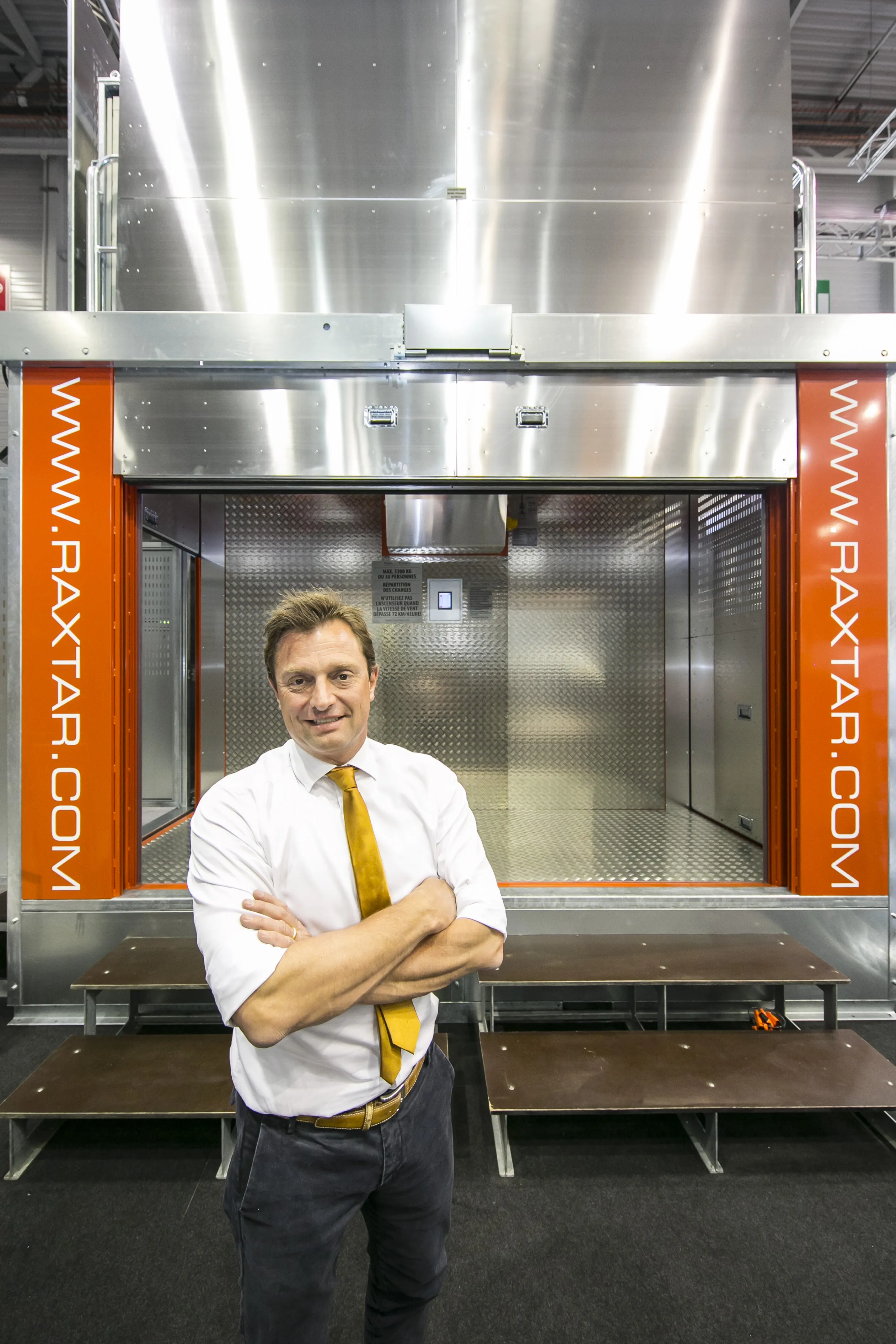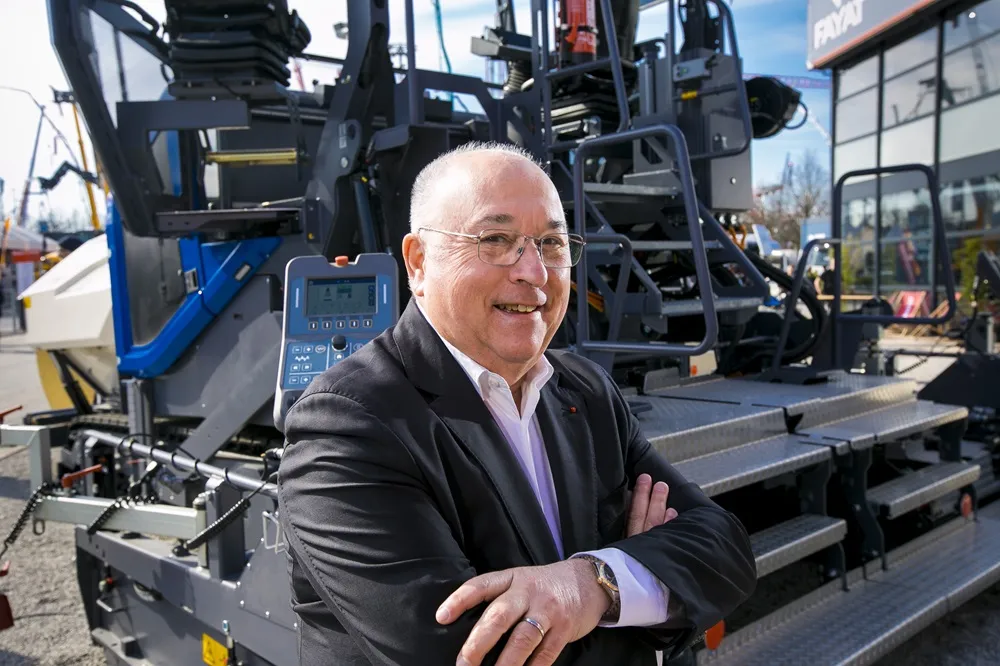
Hoist specialist
The hoist operates conventionally when raising its load, however when the platform descends its switches over to generator mode. Matheeuwsen said, “We achieve around 47% power savings compared with a conventional hoist.”
This system can supply electrical power either back to the electricity grid, or to the local grid working at a site powering equipment such as air conditioning or a tower crane for example. Matheeuwsen said that as the power generated by the hoist goes through industrial standard reverse inverters, it also has no spikes of current or voltage and meets necessary supply standards.
Raxtar now has a joint venture with Chinese firm Zoomlion, with the latter also holding a stake in the Dutch company. And through this partnership Raxtar will have additional funding for research and development in the future, as well as access to additional markets internationally.








